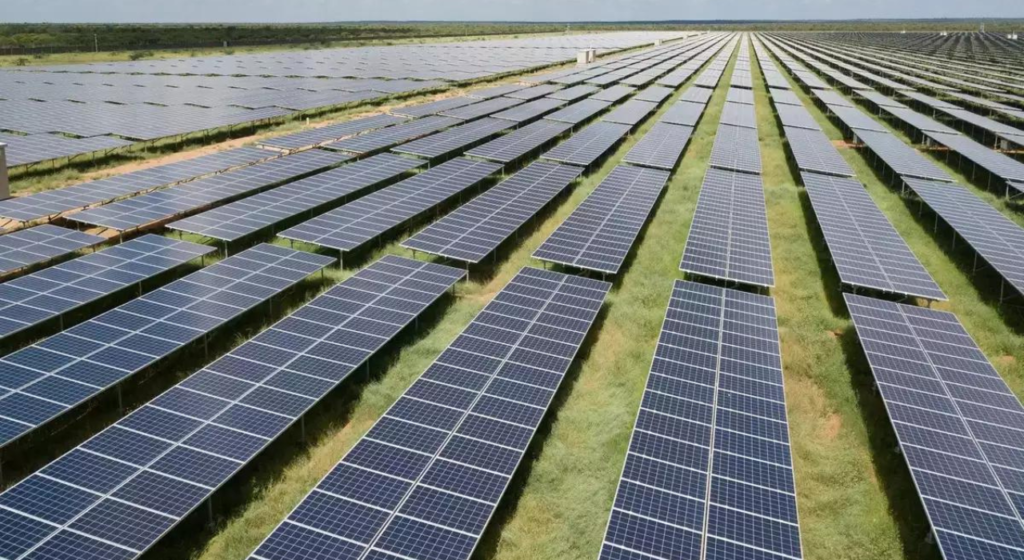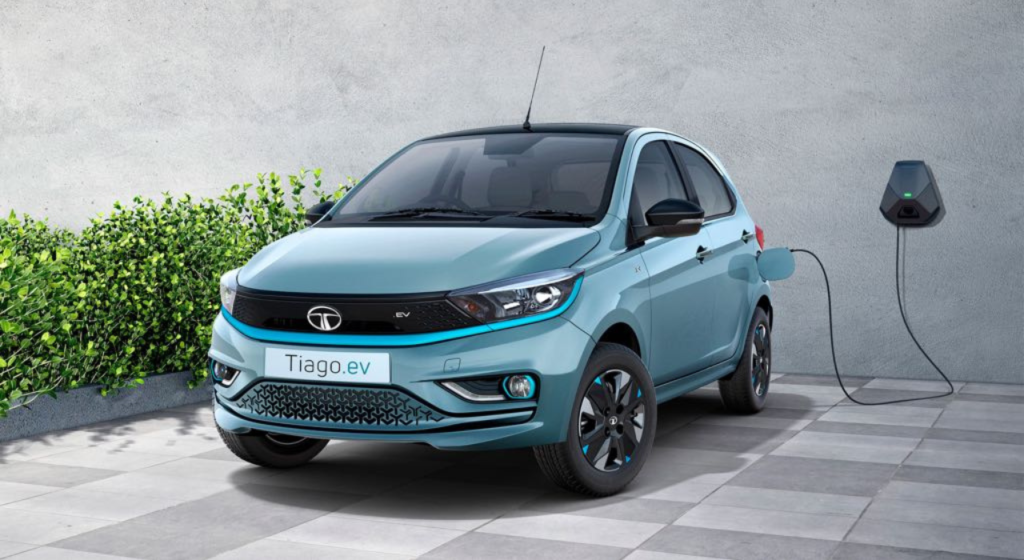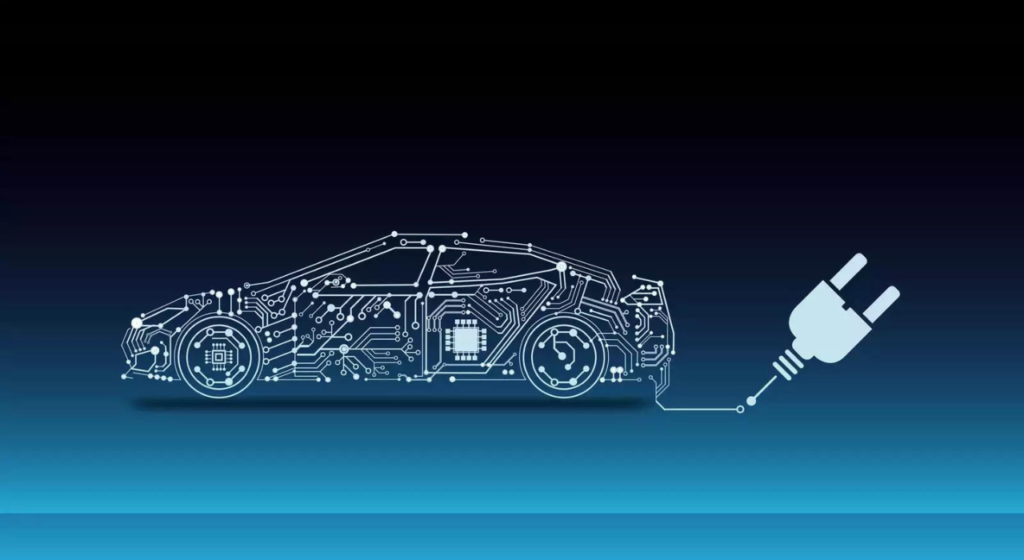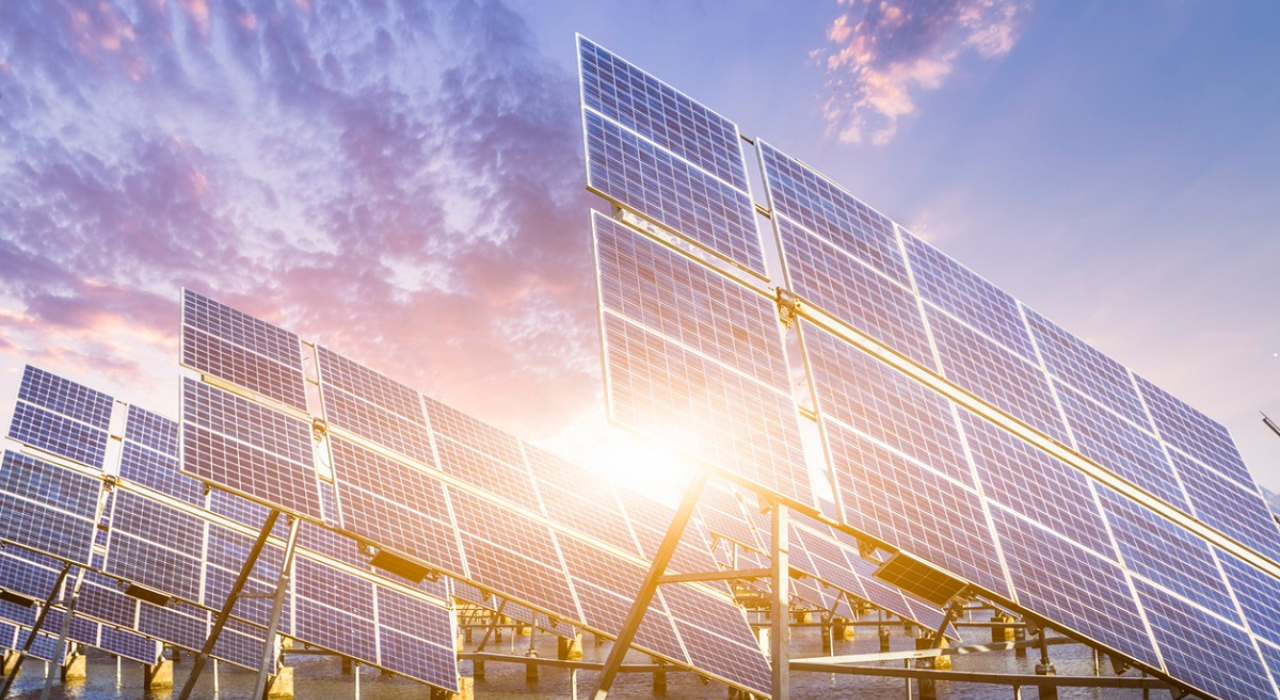In the latest budget announcement for 2024, solar-related stocks saw a surge of up to 5% in today’s trading. Finance Minister Nirmala Sitharaman, presenting the interim budget, revealed a promising initiative – the “Pradhanmantri Suryodaya Yojana,” aimed at assisting in the installation of rooftop solar systems for 1 crore houses.
Under this scheme, approximately one crore households stand to benefit from up to 300 units of free electricity every month through rooftop solarization. Minister Sitharaman emphasized that this initiative aligns with the Prime Minister’s vision, particularly on the historic day of the consecration of Ram Mandir in Ayodhya.
The proposed rooftop solar initiative is anticipated to bring significant financial relief to households, with estimated annual savings ranging from fifteen to eighteen thousand rupees. This includes the generation of free solar electricity for personal use and the potential to sell surplus energy back to distribution companies.

Beyond the financial benefits, the initiative underscores the government’s commitment to promoting sustainable energy practices. Today’s market response reflected positive trends, with Suzlon Energy’s shares hitting the 5% upper circuit limit and other key players such as Borosil Renewables, Waaree Renewable Technologies, Sterling Wilson Renewable Energy, and Tata Power experiencing notable gains, each rising over 2% in today’s intraday trade.
India’s global standing in renewable energy is noteworthy, holding the 4th position in both wind power capacity and solar power capacity. The country has set ambitious goals, aiming to achieve 500 GW of non-fossil fuel capacity by 2030, net-zero emissions by 2070, and meeting 50% of its electricity needs from renewable sources by 2030. This marks a significant stride in the global fight against climate change.
Budget 2024 Charts Course for EV Manufacturing and Charging Infrastructure

The government has unveiled plans to bolster the electric vehicle (EV) ecosystem in India, with a focus on supporting manufacturing and charging infrastructure. Finance Minister Nirmala Sitharaman, while presenting the Interim Budget 2024, emphasized the encouragement of greater adoption of electric buses in public transport networks through a payment security mechanism.
The growth of EV sales in 2023 compared to 2022 has been noteworthy. According to data from the Federation of Automobile Dealers Associations (FADA), electric passenger vehicles saw a surge of 114.71%, electric commercial vehicles rose by 114.16%, electric three-wheelers increased by 65.23%, and electric two-wheelers climbed by 36.09%.
To fortify the EV ecosystem, the government has already introduced schemes such as the Production Linked Incentive (PLI) for the automobile and auto component sectors, advanced chemistry cell (ACC) battery storage, and the Faster Adoption and Manufacturing of Electric Vehicles (FAME) scheme.
The PLI scheme for the automobile and auto component sectors, with a total outlay of Rs 25,938 crore over five years, aims to boost domestic manufacturing of advanced automotive technology products and attract investments. Approved companies under this scheme include 18 in the ‘Champion OEM’ category and 67 in the ‘Component Champion’ category. Investments totaling Rs 11,958 crore have already been reported till Q2 FY24.

The PLI scheme for ACC battery storage, with an outlay of Rs 18,100 crore over seven years, aims to enhance manufacturing capabilities and exports in this category. Three approved firms have signed the program agreement for setting up manufacturing facilities of 30GWh ACC capacity, with a total estimated investment of nearly Rs 14,810 crore.
Under the second phase of the FAME scheme, the government has incentivized the sale of 11,53,079 EVs with subsidies amounting to Rs 5,228 crore as of December 1, 2023. This scheme, with an outlay of Rs 10,000 crore over five years, supports the electrification of public and shared transportation, including electric buses, three-wheelers, cars, and two-wheelers, along with the creation of charging infrastructure.
Finance Minister Nirmala Sitharaman affirmed the government’s commitment to expanding and strengthening the EV ecosystem, emphasizing the pivotal role of manufacturing support and charging infrastructure. The encouragement of electric buses in public transport networks is set to receive a boost through a payment security mechanism. The government’s efforts align with India’s ambitious goals of electrification and sustainable transportation.
